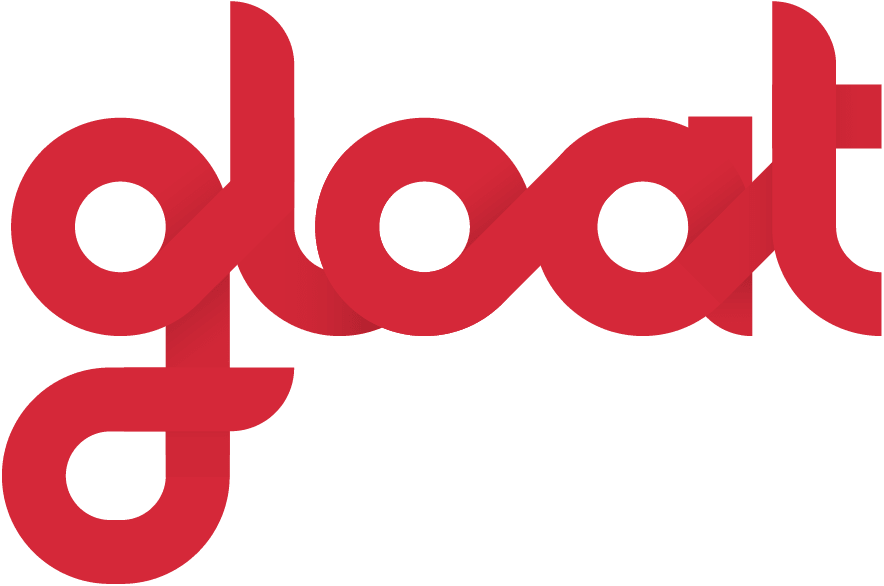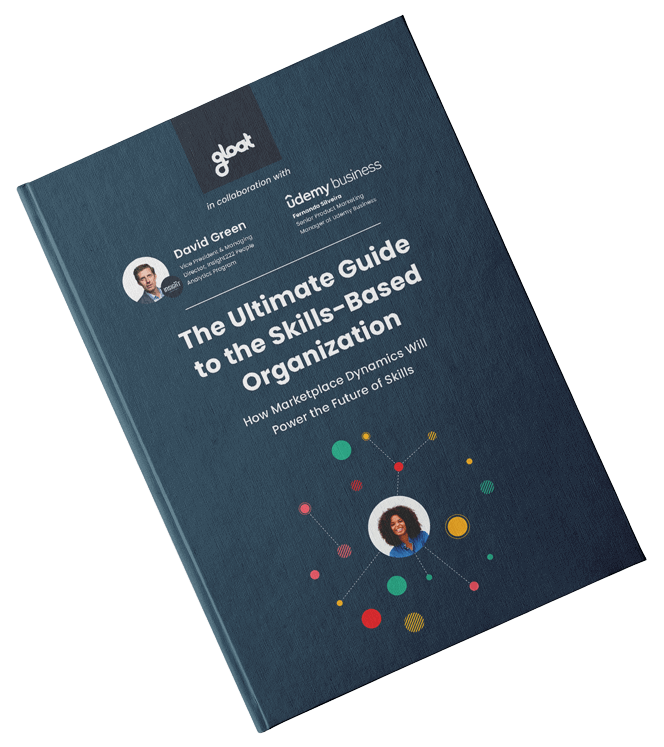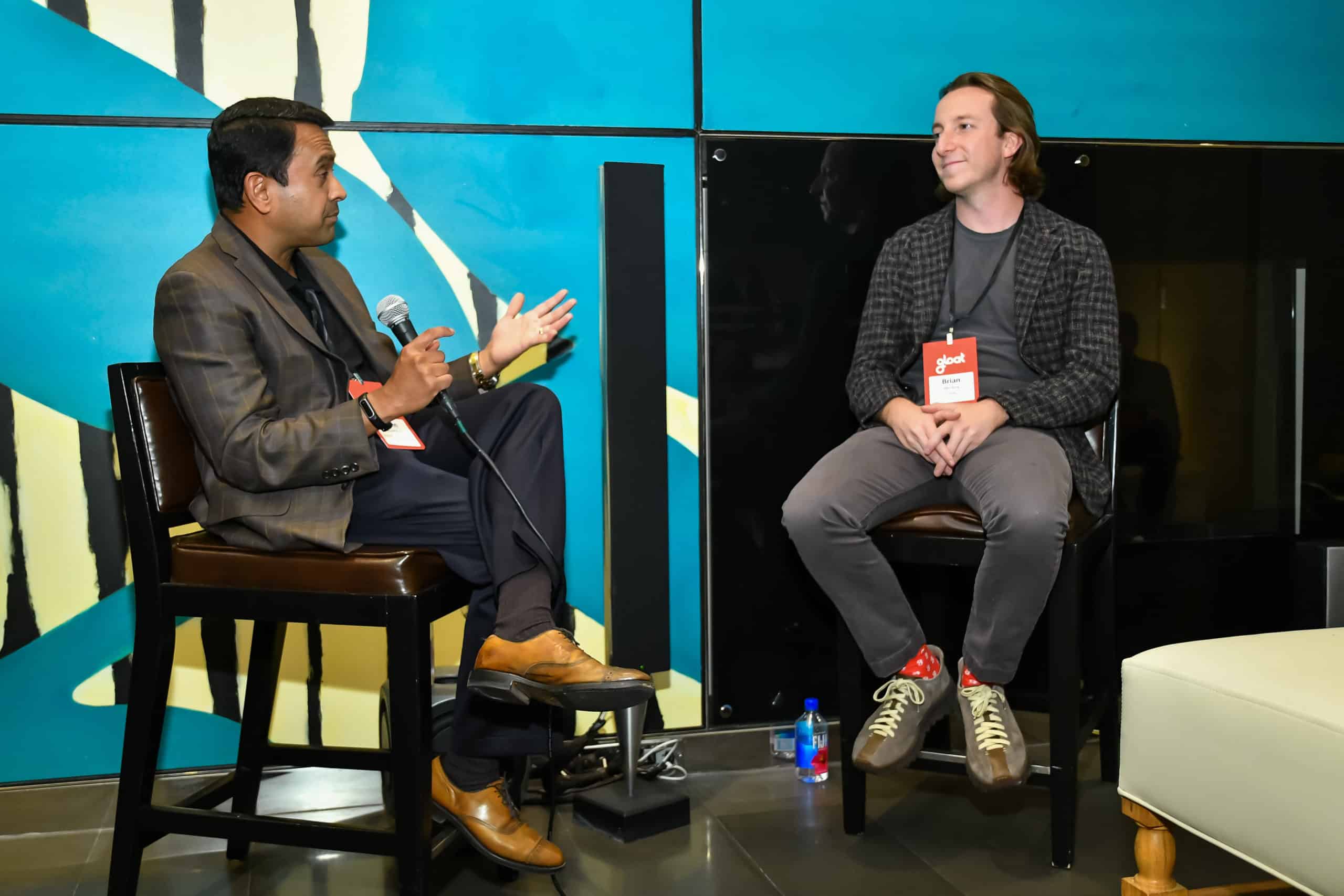HR skills every HR professional needs in 2025
Learn which skills you should add to your upskilling and reskilling strategy STAT

Today’s generation of HR leaders faces challenges unlike anything their predecessors have ever encountered. Between the rise of AI and ongoing geopolitical tensions, every business must be prepared to shift gears at a moment’s notice—and it’s up to HR leaders to ensure their organizations have the agility needed to make these pivots efficiently.
To add another layer of complexity to HR’s current agenda, skill needs are also shifting rapidly—meaning HR leaders must develop pathways to empower their workforces to hone in-demand capabilities.
The HR function isn’t immune from these evolving skills needs; in fact, the knowledge HR leaders must possess is quickly changing as well. To keep pace with today’s profound organizational shifts, HR executives should build an array of new competencies that will help their companies pivot ahead of the curve.
The importance of developing HR skills
With a new set of challenges comes a new responsibility to hone expanded skill sets. Now that HR leaders are at the helm of architecting new ways of working and ensuring AI is implemented responsibly, these executives must develop new competencies that will enable them to deliver on these strategic priorities.
In decades past, HR was primarily an administrative function. But now that their role has become decidedly strategic, HR leaders must hone a new set of competencies such as data analysis and cross-functional collaboration to ensure they will be able to execute the strategic priorities that will determine the state of their organization’s future.
How to best develop HR skills
There’s no one-size-fits-all approach to developing HR expertise. While L&D content is a step in the right direction, HR professionals also need chances to put these lessons into practice through experiential learning opportunities such as projects, gigs, and mentorships. This combination of content-based learning and on-the-job experiences will equip this generation and future generations of HR leaders with the knowledge needed to not only develop cutting-edge strategies but also to turn these visions into tangible realities.
10 HR skills every professional will need in 2025
Some of the most important skills for HR leaders to hone in the year that follows include:
#1. Communication
HR leaders have always needed to be strong communicators—but it’s taking on another level of importance in our Post-Industrial era. These leaders must interact strategically with employees to drive interest and awareness of initiatives and open opportunities across their organizations. HR must also recalibrate communication strategies to ensure everyone feels connected, whether employees are sitting next to their colleagues or collaborating virtually from the other side of the world.
#2. Management
To succeed in an HR leadership role, most individuals will benefit greatly from developing a background in Human Resources Management or Organizational Psychology. HR Management is the foundation for many other HR skills and competencies and it proves crucial in understanding core processes such as recruitment, selection, data reporting, and talent management. An educational background in psychology or HR Management will also help executives develop soft skills that can enhance their coaching and communication abilities.
#3. Conflict resolution
From the proliferation of GenAI to the shift towards skills-powered ways of working, employees are experiencing higher levels of workplace change than ever before. It’s up to HR leaders to help their people navigate these transitions and support their workforce as any disagreements arise.
Some teams may initially hesitate to move away from job-dominant models, particularly if managers fear they’ll lose access to the talent they need to accomplish their strategic priorities. To overcome these talent-hoarding concerns, HR leaders should become experts at aligning employees’ needs and desires to different business goals and motivations to drive results that will keep all parties satisfied.
#4. Coaching abilities
In a world of talent scarcity, HR can no longer rely on external hiring to acquire the skills their organization needs. Since in-demand capabilities aren’t readily available externally, HR leaders must become skilled at coaching their people to hone these competencies. HR professionals are increasingly prioritizing internal talent development and launching training initiatives that go beyond compliance and basic introductions to create targeted learning experiences that align with business priorities.
#5. Data analysis
HR leaders use people analytics to identify high-potential employees, analyze compensation and benefits, achieve fair pay and incentives, and project future talent needs. According to a recent People Analytics Trends Report, 85% of CHROs are making it clear that data is an essential part of their HR strategy.
HR professionals of all levels should get comfortable analyzing and interpreting data that showcases the skills their people have and the knowledge their organizations need. Leaders with strong reporting skills are not only able to interpret data; they can also turn it into compelling messages using storytelling to demonstrate business impact.
#6. Cultural sensitivity and awareness
Cultural sensitivity is something an entire workforce needs—particularly in the 21st century when teams are more diverse and global than ever before. It’s particularly important for larger organizations and multinational companies because employees in one region may be accustomed to one way of getting feedback and collaborating while others are used to something completely different. HR must be cognizant of these differences and encourage employees and managers to develop new ways of communicating that respect each other’s preferences and communication styles.
#7. Active listening
HR professionals who are adept active listeners can attentively gather information without prejudice or judgment and create a safe environment for others to share their ideas and feelings. Without strong active listening skills, navigating potentially sensitive situations relative to diversity and inclusion will be more challenging and it will be more difficult to effectively coach employees and fellow HR professionals.
#8. Collaboration
HR professionals are expected to work alongside colleagues inside and outside of their function seamlessly. As the architects of their organization’s transformation strategies, HR executives will frequently find themselves meeting with leaders across their organization as well as catching up with employees and managers. When HR leaders can role model what being a strong team player looks like, the rest of their organization is likely to follow suit.
#9. Employee experience
Employees can no longer be viewed as cogs in a machine. Instead, HR teams must treat their people the way companies treat their clients. They need to devise initiatives that will delight employees and cultivate a sense of camaraderie between teammates to drive affinity, community, and engagement.
Successful HR-driven employee experience initiatives typically include creating employee surveys and acting on feedback, promoting diversity and inclusion, and launching reward and recognition programs. HR leaders must also understand that rather than focusing on perks and benefits, they must equip all employees with access to learning and development opportunities that align with their long-term career goals.
#10. Technological proficiency
Digital skills are quickly becoming non-negotiable for every profession, including HR. Now that 80% of businesses are using HR software or planning to in the near future, everyone in this profession must ensure they know how to use these tools effectively.
AI-powered systems such as talent marketplaces and skills intelligence platforms are quickly gaining traction because they enable HR leaders to make strategic workforce planning decisions and to ensure their workforce is developing in-demand skills. To tap into these tools, HR must develop an understanding of how these technologies work and their benefits so they can create a strong business case for them.
The future of HR skills
As AI continues to go mainstream, the skills that HR executives need will continue to change. It’s up to HR leaders to become confident in their ability to shift gears and develop learning pathways to ensure their workforce is prepared for whatever challenges come their way.
To learn more about the skills businesses will need and the ongoing shift to put workforce capabilities at the center of organizational strategies, check out our guide, The ultimate guide to the skills-based organization




